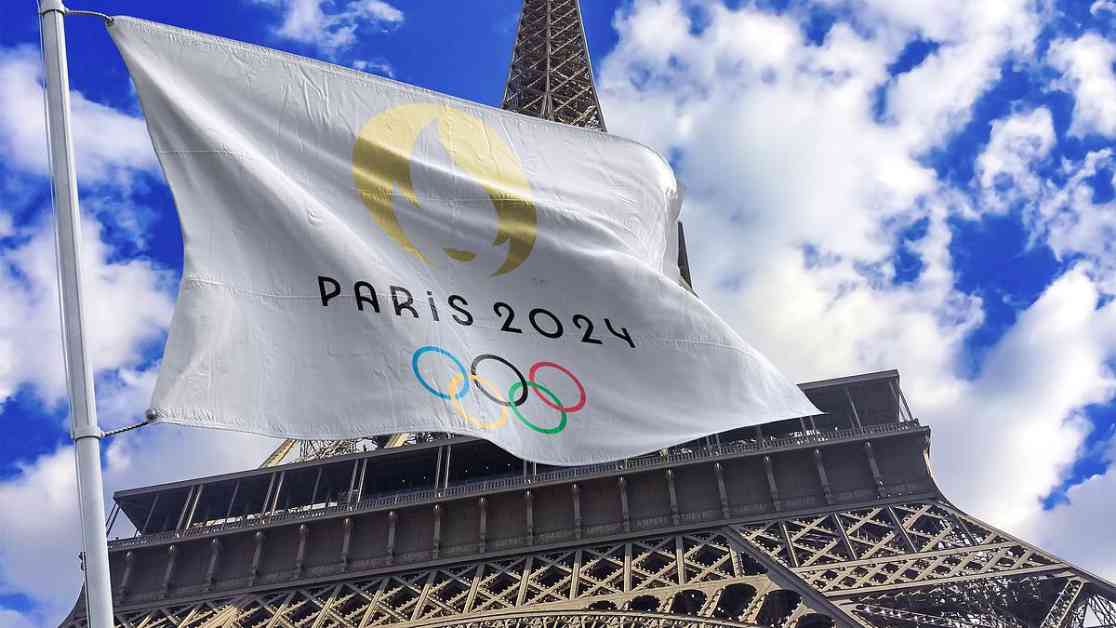Experts are warning that the upcoming Paris Olympics could potentially lead to a dengue fever outbreak, with the city already experiencing cases of the mosquito-carried virus. The increase in dengue cases in Europe is believed to be linked to climate change, which creates a more favorable environment for mosquitoes that spread the infection.
With millions of visitors, athletes, and dignitaries expected to gather in Paris for the Olympics, there are concerns that the virus could spread rapidly. The tiger mosquito, known for spreading dengue, is well-suited to the urban landscape of Paris. Infections acquired during the Olympics could potentially lead to outbreaks in other regions as individuals return home after the event.
Dr. Mark Booth, an expert in parasite epidemiology, highlighted the conditions necessary for the Olympics to become a super spreader event for dengue. Factors such as the presence of infected mosquitoes, individuals carrying the virus, and the transmission period align during the timeframe of the event. The large influx of visitors, including athletes and spectators from around the world, provides a diverse pool of potential infection sources.
While a dengue vaccine exists, it is not widely available through public health services, leaving individuals to seek private clinics for protection. Symptoms of dengue typically manifest as flu-like symptoms, including fever, severe headache, muscle and joint pain, and nausea. Severe cases of dengue can lead to life-threatening complications, such as severe bleeding, organ failure, and respiratory distress.
Dengue fever poses a risk to travelers visiting areas where the disease is prevalent, such as countries in Europe during the summer months. Preventative measures such as wearing protective clothing, using insect repellent, and avoiding mosquito bites are recommended to reduce the risk of infection. Although dengue transmission is currently not a concern in the UK, imported cases have been reported, signaling the importance of vigilance among travelers.
In conclusion, the potential for a dengue outbreak during the Paris Olympics underscores the importance of public health preparedness and individual vigilance in preventing the spread of infectious diseases. As climate change continues to impact mosquito habitats, efforts to mitigate the risk of dengue and other mosquito-borne illnesses become increasingly crucial for global health security.





















